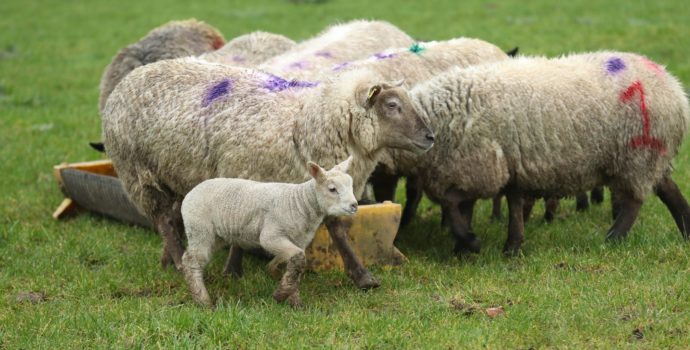Taxation Reliefs and Funding for Farm Schemes Critical for Agricultural Growth – IFA

At a pre-budget meeting with the Minister for Finance, Brian Lenihan, IFA President, John Bryan outlined the important stimulus that is provided to the rural economy through expenditure on farm schemes, including REPS, the AEOS, Suckler Cow, Forestry and Disadvantaged Areas schemes, and taxation reliefs that facilitate restructuring and expansion.
On the taxation adjustments that may be introduced in the Budget, Mr Bryan said, “Taxation measures that facilitate farm restructuring and transfers are fundamental to retaining our family farm model through the generations. Stock and other reliefs are critical to increasing output to meet the Food Harvest 2020 targets. Any changes to income tax must be equitable across all sectors.”
He continued, “A number of key taxation reliefs are in place for farming to encourage structural reform and competitiveness in agriculture. These include long-term land-leasing, stamp duty relief, capital gains retirement relief, stocking relief and agricultural relief for farm transfer. It is vital that these reliefs are retained in Budget 2011, as any reduction would disincentivise farm transfer, investment and consolidation, and place an unaffordable tax burden on farmers.”
Mr Bryan said, “In Budget 2011, it is vital that funding for farm schemes is maintained. This funding is redistributed throughout the rural economy, through expenditure by farmers on locally provided inputs, labour, goods and services. As a priority, the AEOS scheme must be extended for all farmers leaving REPS3, the Suckler Cow Welfare Scheme must be fully funded and forestry and other payments must be fully maintained.”
Both the IFA President and Minister were in agreement on the need to eliminate unnecessary business and regulatory costs within the agriculture and food sector. Mr Bryan said, “IFA has identified many areas whereby the interpretation and implementation of regulations is driving up farm, agribusiness and government costs. This includes the number of inspections carried out on farms annually, meat inspection costs and unproductive environmental costs, such as the ban on winter ploughing. IFA is committed to working with Government to identify and reduce these costs for farmers.”




